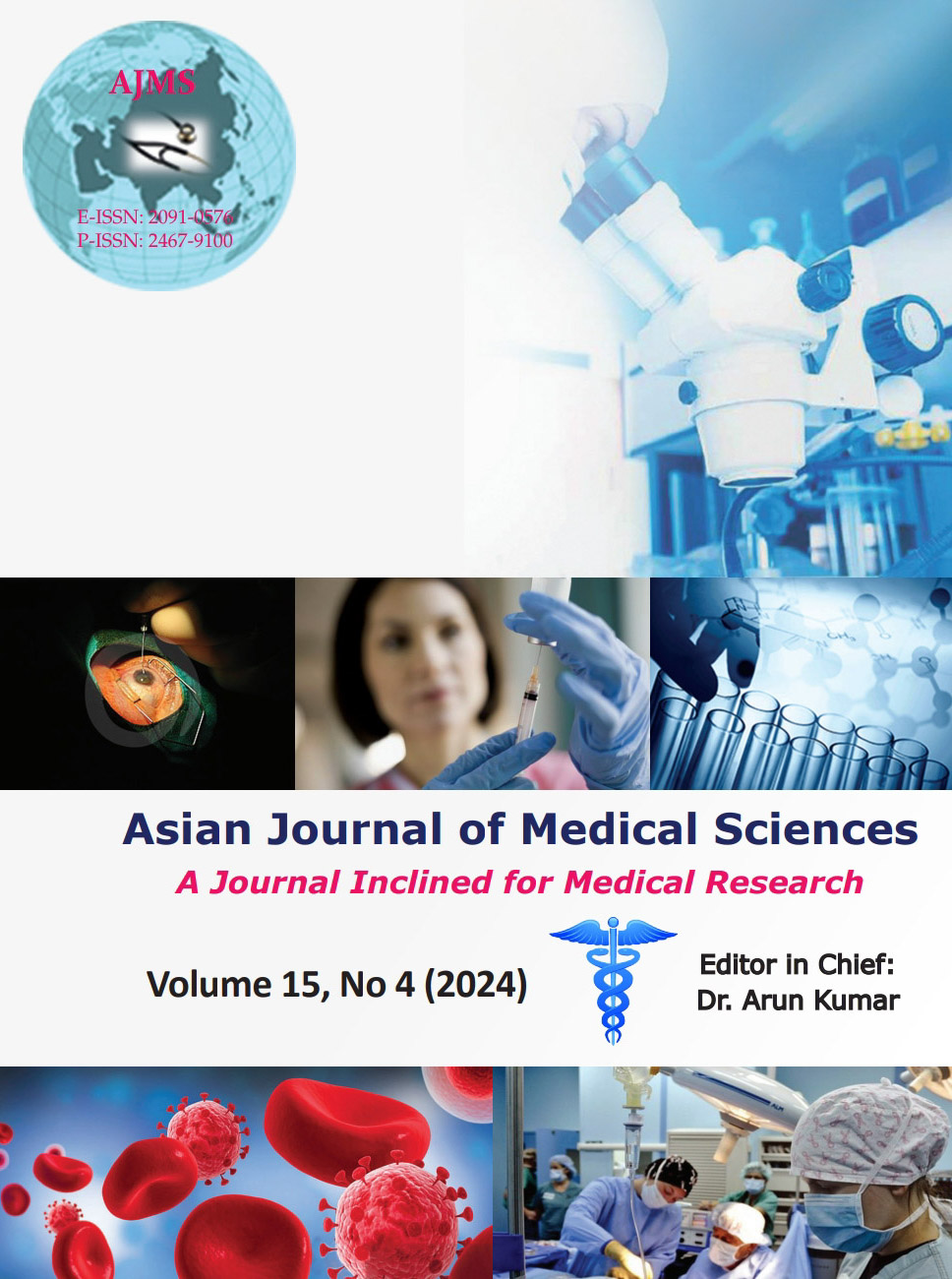Oral supplementation of Njansan (Ricinodendron heudelotii Bail) and sardine fillets (Sardina pilchardus) oils alleviate high-fat diet-induced obesity in rats by regulating lipid metabolism and stress oxidative parameters
Keywords:
Obesity; High-fat diet; Njansan oil; Sardine oil; Lipid profile; Antioxidant parametersAbstract
Background: Obesity has become one of the most common metabolic disorders in the world, characterized by the accumulation of excess fat in the body. Research into natural compounds to improve obesity has become increasingly important.
Aims and Objectives: The aim of the study was to explore the effects of Sardina pilchardus and Ricinodendron heudelotii oils on the management of obesity.
Materials and Methods: Njansan (R. heudelotii) oil was extracted by cold pressing using an automatic oil press machine and Sardine fish oil by a cooking method. To evaluate the anti-obesity effect of these oils, six groups of six male Wistar rats were fed different diets: C0 group received a normal diet; HFD was fed a high-fat diet; N1, N2, F1 and F2 followed by a high-fat diet supplemented with njansan and sardine oils at 1 g/kg body weight/day and 2 g/kg body weight/day, respectively.
Results: There was an increase in body weight, relative abdominal fat, and liver weight in the HFD group compared to the control group. There was also a decrease in anthropometric parameters such as the Lee index of the HFD group treated with njansan and fish oils, regardless of the concentration. The hyperlipidemic state in the HFD-fed rats was then normalized after treatment with both oils as well as hyperglycemia compared to the control group. Besides, fish and njansan oils attenuated HFD-induced oxidative stress, as indicated by a significant increase CA and superoxide dismutase.
Conclusion: This study demonstrated that njansan oils at a low daily dose (1 g/kg body weight) can be helpful in managing obesity and also reduce the risk of developing coronary heart diseases.
Downloads
Downloads
Published
How to Cite
Issue
Section
License
Copyright (c) 2024 Asian Journal of Medical Sciences

This work is licensed under a Creative Commons Attribution-NonCommercial 4.0 International License.
Authors who publish with this journal agree to the following terms:
- The journal holds copyright and publishes the work under a Creative Commons CC-BY-NC license that permits use, distribution and reprduction in any medium, provided the original work is properly cited and is not used for commercial purposes. The journal should be recognised as the original publisher of this work.
- Authors are able to enter into separate, additional contractual arrangements for the non-exclusive distribution of the journal's published version of the work (e.g., post it to an institutional repository or publish it in a book), with an acknowledgement of its initial publication in this journal.
- Authors are permitted and encouraged to post their work online (e.g., in institutional repositories or on their website) prior to and during the submission process, as it can lead to productive exchanges, as well as earlier and greater citation of published work (See The Effect of Open Access).




